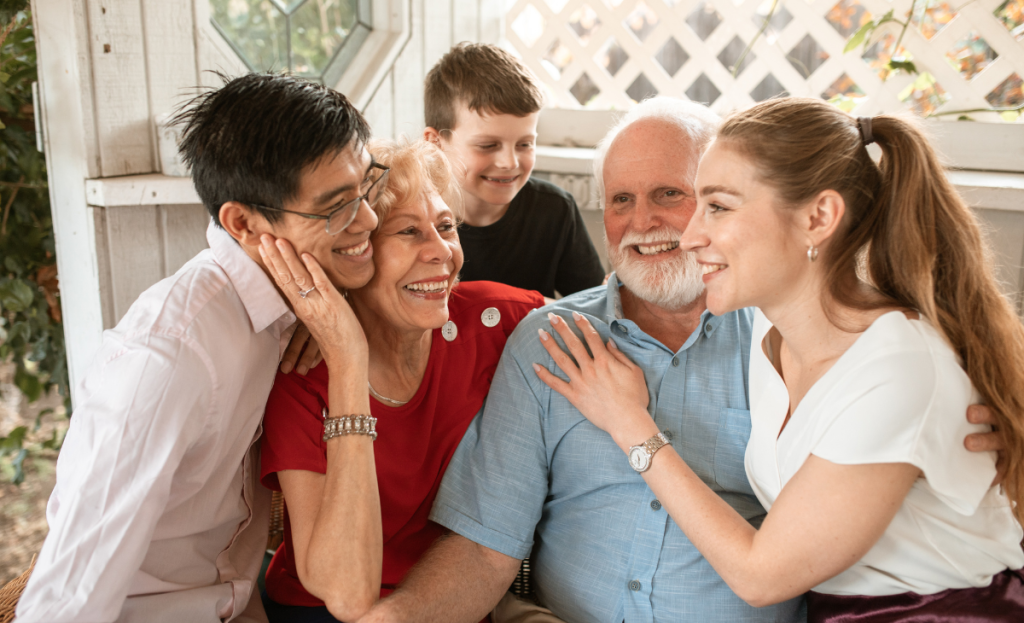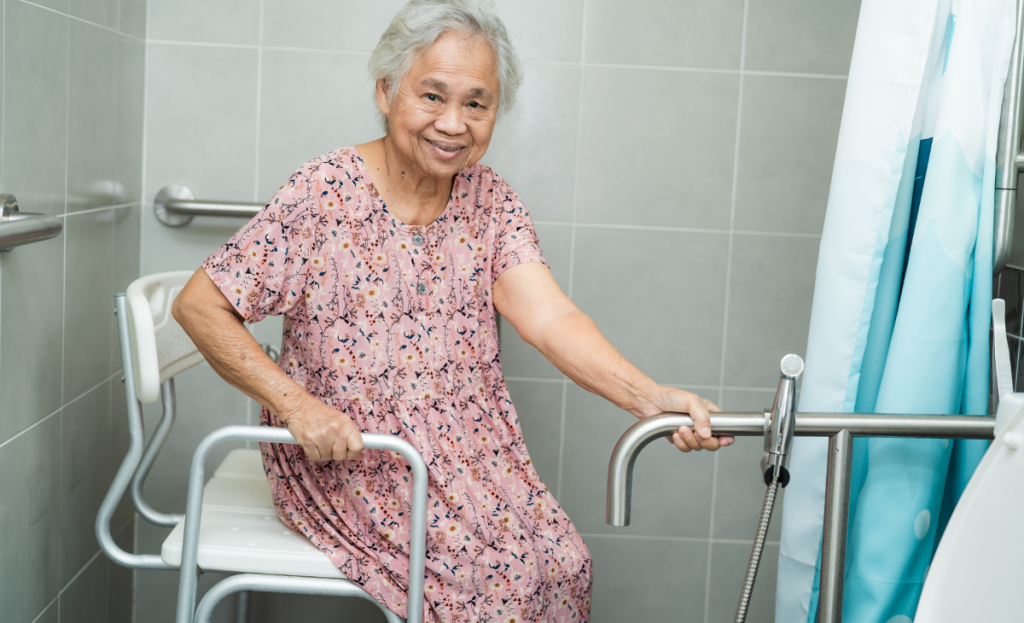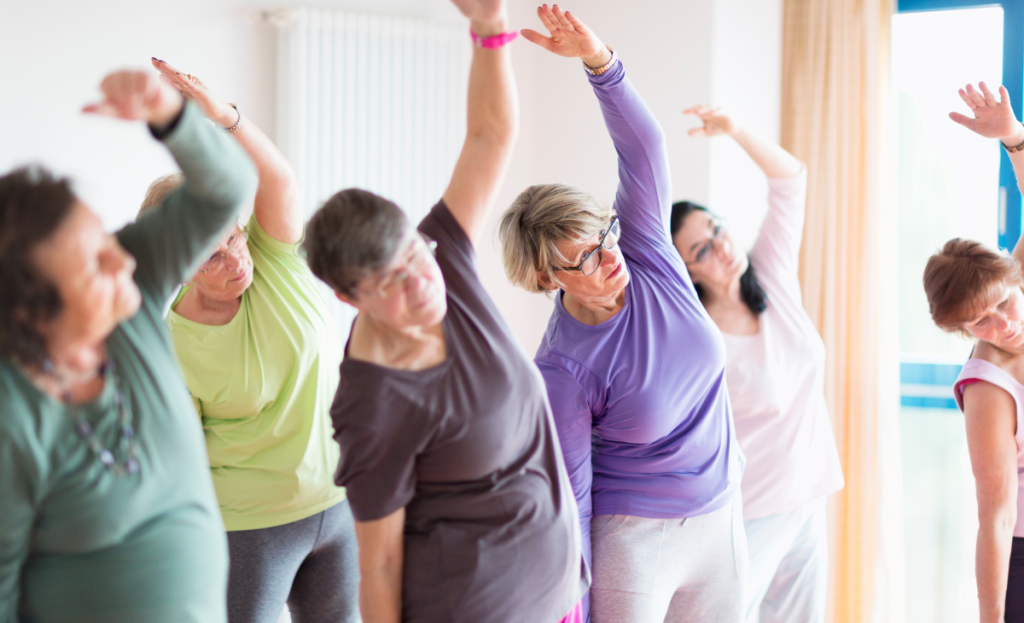
7 Essential Elderly Care Tips Every Family Must Know for a Happier Home
Sisters Nursing Services may not offer direct elderly care services, but we know how important it is to support families who care for their elderly loved ones. Looking after a frail family member is an act of love, however, as it brings its own challenges and benefits Here, we offer some useful tips and strategies for taking this journey — one you can take with confidence and compassion.
1. Be Transparent and Upfront:
Good communication is the cornerstone of quality caregiving. It builds rapport, reduces the chances for conflicts, and guarantees that elderly people feel acknowledged and understood.
Active Listening
Listen with your Full Attention: no distractions, focus on the person.
Acknowledge Feelings: Validate their emotions and experiences.
Avoid Interrupting: Let them share their thoughts fully, before you respond.
Involve Them in Decisions
Respect Autonomy: Involve them in decisions about their care and daily activities.
Empowerment: Give them as much control as possible over their care choices.
Transparency: Be truthful about any changes or difficulties about their care.
Refer to trusted resources or professionals in elderly support for more communication tips!
2. Create a Safe Home Environment:

Home modifications can greatly lessen the risk of getting hurt and help elderly people stay more independent.
Home Safety Tips
Fall Prevention: Apply non-slip mats, tight rugs, and remove unnecessary clutter.
Home Safety Adjustments: Add grab bars and raised toilet seats, and try walk-in showers.
Fire Safety: Make sure smoke detectors are working and have an emergency plan in place.
“Refer to trusted resources about home safety for seniors.”
Medication Management
Set Up Medication Schedule: Use pill organizers with times & days.
Set Reminders: Put alarms or other applications to use to assist remind them of medication schedules.
Regular Reviews: With healthcare providers, review medications to avoid complications.
Look up some good information about home safety and medication management for specifics.
3. Promote Physical Health:

Keeping physically fit is important for movement, autonomy and general well-being.
Encourage Regular Exercise:
Low-Impact Activities: Encourage walking, swimming or yoga to build strength and balance.
Physical Therapy: Consult professionals for personalized programs.
Community Classes: Attend local senior fitness classes for a social element.
Balanced Nutrition
Nutritious Meals—Fruits, vegetables, whole grains, and lean proteins
Hydration: Drink no less than eight eight-ounce cups of water daily to avoid dehydration.
Special Diets: Help specific dietary needs like diabetes and allergies.
Routine health check-ups, including vaccinations and screenings, are essential for sustained health.
“Learn more about the benefits of regular exercise for seniors.”
4. Mental and Emotional Well-Being

Mental health is very important for old age quality of life. Taking care of their emotional well-being matters just as much as their physical needs.
Social Interaction
Family Visits: Plan regular family outings to maintain relationships.
Community Events: Encourage involvement in clubs or classes.
Technology Use: Show them how to do video calling, like FaceTime, to stay connected with relatives who are far away.
Mental Stimulation
Hobbies: Things like painting, gardening or knitting.
Puzzles and Games: Whether it’s crosswords or Sudoku or board games, keep their mind sharp.
Learning Opportunities: Offer online courses or adult education programs to meet and stimulate curiosity.
Let others help you by seeking professional support through counseling or senior support groups.
5. Educate Yourself on Legal and Financial Considerations:
Handling legal and financial matters helps ensure that your loved one’s wishes are honored and resources are allocated appropriately.
Legal Arrangements
Will/Estate Planning: Documentation of Wealth Distribution
Power of Attorney: Appoint someone to make decisions on their behalf if this is required.
Advanced Directives: Key legally binding documents that tell you their preferences for medical treatments and end-of-life care.
Financial Planning
Budgeting: Budget for caregiving costs.
Insurance Reviews: Evaluate policies for health, life and long-term care.
Government Benefits: Check eligibility for programs such as pensions or other government resources.
6. Stay Informed and Updated:
Informed care is one of the most powerful tools we have to provide the best care we can. Keep up with current caregiving practices and healthcare developments.
Educational Resources
Workshops and Seminars: Focus on specific subjects, such as dementia care or nutrition.
Online Courses: Access flexible e-learning platforms to expand your knowledge.
Books and Publications: Read trustworthy elderly care guides
Healthcare Updates
Medical Advancements: Stay on top of the latest treatments and medications
Policy Changes: Familiarize yourself with changes in healthcare laws that could limit care options.
For further details about caregiving strategies, refer to the appropriate sources.
Conclusion:
Elderly care is not a service offered by Sisters Nursing Services, but we are here to assist families with valuable information and resources. These tips will help you ensure that your elderly loved ones are cared for with dignity and a sense of joy.
For professional help in related services, come to Sisters Nursing Services and look through our selection of caring options. Contact us for more information.
FAQs About Elderly Care
What’s the best way to initiate a care conversation with older loved ones?
Approach the conversation with empathy and respect. Maintain their autonomy by using open-ended questions, proactively listening to concerns, and involving patients in more decisions about their care.I still have my own life responsibilities — how do I find balance as a caregiver?
In addition, balancing caregiving needs to come with healthy boundary setting, identifying roles that other family members can take on, and accessing professional help when necessary. Respite care can also give you relief and help you recharge.What are typical indicators that an aging relative needs more assistance?
These include: frequent falls; difficulty with medication management; noticeable weight loss; forgetfulness; and increased isolation or withdrawal from social activities.How do I make sure my elderly loved one eats a healthy diet?
Prepare balanced meals with plenty of fruits, vegetables, whole grains, and lean proteins. Consider consulting a nutritionist to create a meal plan tailored to their specific dietary needs or health conditions.When should I look into professional home nursing services for an elderly relative?
Professional care should be on your mind when it comes to making sure their medical or personal care needs are met beyond what you can provide yourself, such as assistance managing chronic illnesses, mobility issues, or recovery from a surgery.



